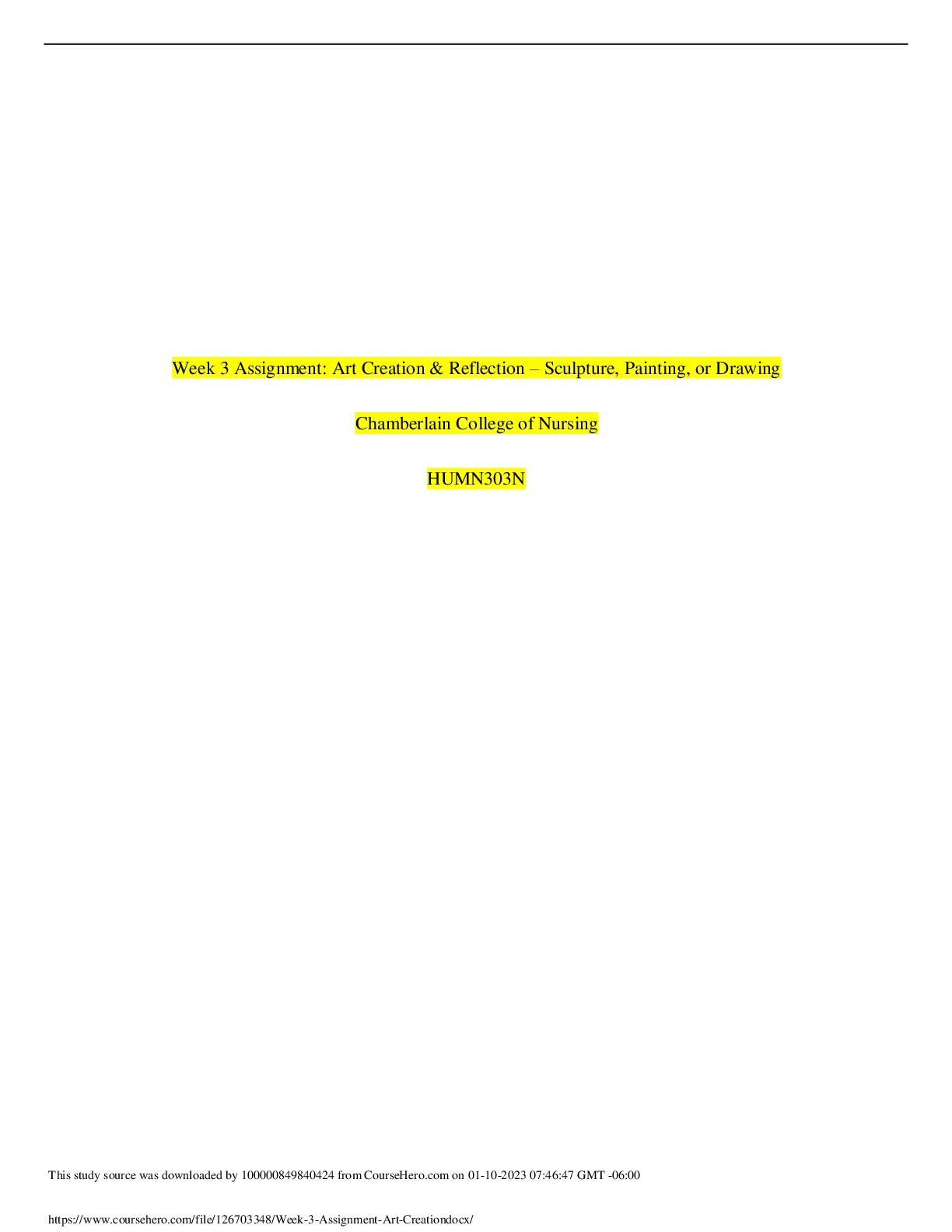Sociology > CASE STUDY > SOCS 185N Week 3 Assignment: Socio autobiography/Socio biography – Personal Case Study (All)
SOCS 185N Week 3 Assignment: Socio autobiography/Socio biography – Personal Case Study
Document Content and Description Below
SOCS 185N Week 3 Assignment: Socio autobiography/Socio biography – Personal Case Study Socio-autobiography I was born in Dunwoody, Georgia. I was born to a 15-year-old single mother, who neither... had neither the financial means nor the maturity to raise me, so, subsequently, I was raised by my grandparents. My grandmother became a travel nurse when I was five years old. We frequently moved, every 16 weeks to a year. Each time I moved to a different state, I would experience a massive culture shock. It was not until I was 13 years old that we settled in California so I could finish high school. In total, I have lived in 10 different states. I have experienced some of the various sociological imaginations that each state is faced with, from the expensive cost of living in California to the ecological disasters brought on by hurricanes Florida and Louisiana. I think I am fortunate to have experienced so many different societies and cultures because I now have a deep connection to so many parts of my country. According to Kendall, a culture is composed of the values, customs, knowledge, language, and material objects that are shared from one person to the next in human society or group. My entire life has been based on submerging myself into different cultures on an almost regular basis. Since I was home-schooled, most of my socialization came from going to church, so many of my values are deeply seated with my religion. Almost all my friends were made through my religious institutions, and the bonds that I have made have molded me into the individual that I am today. Without my Christian faith, I would not be the same person that I am today. My culture has led me to make numerous decisions I have made so far in my life. As I stated before, I was homeschooled from first grade through graduating high school. When I continued my education in college, I faced many struggles. Up until this point in my life, my social groups had been minimal, even though my environment often changed, my close social groups consisted of my family and my church. My social group went from one where everybody shared the same values as me, to one where it seemed nobody shared anything in common with me. I struggled to learn in a classroom structure and plan on my own. College was a new form of socialization that was almost entirely foreign to me. Nevertheless, I quickly overcame this challenge. Another challenge I faced was being easily influenced by my peers. Since I was home- schooled, I never learned how to navigate the societal pressure to conform, and therefore fell victim to it during my young adult years. I subsequently sacrificed many of my morals and values in order to maintain many of my friendships with people who were extremely toxic for the sake of conformity. After finding myself in some situations that put my integrity into question, I ended the relationships with those around me who toxic and pursued relationships with individuals were whose morals aligned closely with my own. Socio-biography The person I chose to interview is my 28-year-old fiancé, Andrew. Andrew has experienced many adversities in his life, one of which is experiencing homelessness. He had suddenly lost his job after his employee abruptly left the state with no explanation. Andrew could not find new employment before being evicted from his apartment. Due to sociological imagination about homeless citizens, Andrew was consistently overlooked by new or potential employers. Unfortunately, our society often does not consider what can cause an individual to become homeless. Many see the homeless as lazy or think they are homeless because they are addicted to drugs when, in reality, homelessness can be caused by forces beyond the individual’s control. “Americans experiencing homelessness today are living evidence of decades of inequality, discrimination, racism and poverty driven by a combination of deeply embedded social, cultural and financial factors” (Zaricznyj & Barilla, 2019). Personal problems are one of the Andrew was eventually able to move in with his family and quickly joined the military. While serving in the army, Andrew began to regain his identity and found a new lease on life. His new career provided the financial support he needed to pursue other life goals, which had been previously unobtainable, and he found comfort in the unique society of the military. The culture of the army fits in very closely with his own values of duty and honor and being part of something more than himself, and because of it, he has finally found his place in life. This sudden increase in the quality of his life has influenced a change in his sociological imagination. “The sociological imagination enables its possessor to understand the larger historical scene in terms of its meaning for the inner life and the external career of a variety of individuals.” (Mills, 1995). After completing his service for the army, Andrew began a new chapter in his life and enrolled in college in pursuit of his dream to become a BMW mechanic. To Andrew, this was the biggest challenge he had yet to face. Andrew had dropped out of high-school at 16-years-old, and only obtained a GED. Compare/Contrast Though my life and Andrews differ in many ways, we still maintain a lot of similarities. Andrew and I have lived in drastically different societies. The main difference being he and I had very different levels of privilege. However, the different paths our lives have taken us has brought us to the same place. Despite the social obstacles we have faced, we have found our place within a society and a culture that mirrors our own morals and values. References Mills, C. W. (1995). The Sociological Imagination . Retrieved from https://sites.middlebury.edu/utopias/files/2013/02/The-Promise.pdf Kendall, D. (2018). Sociology In Our Times: the essentials (11th ed.). Boston: Cencage Learning. Zaricznyj, T., & Barilla, D. (2019). The Root Causes of Homelessness. Retrieved from https://www.psjhealth.org/-/media/files/providence-st-joseph-health/housing-is-health/white- paper-root-causes-of-homelessnesspsjh-2019.pdf?la=en [Show More]
Last updated: 1 year ago
Preview 1 out of 4 pages
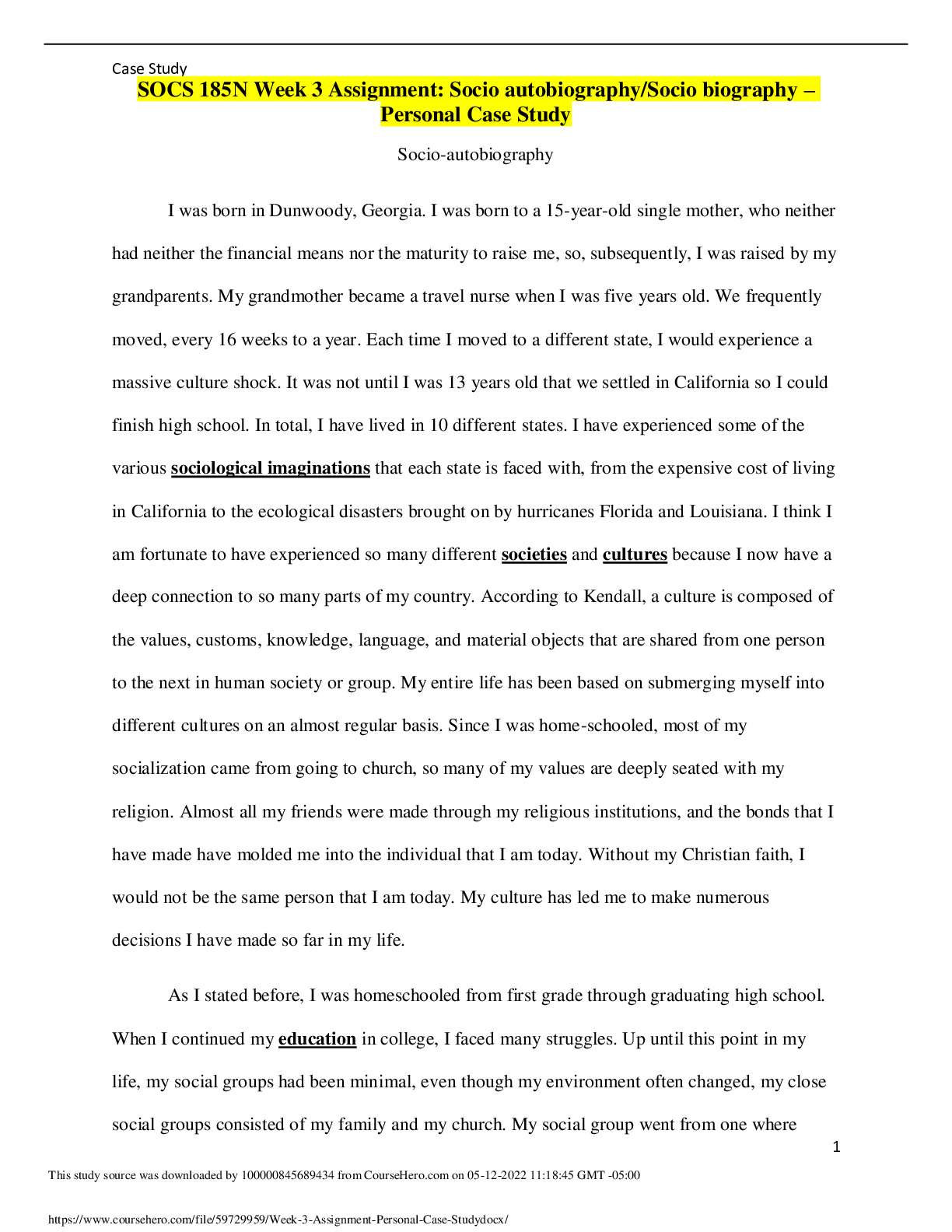
Reviews( 0 )
Document information
Connected school, study & course
About the document
Uploaded On
May 12, 2022
Number of pages
4
Written in
Additional information
This document has been written for:
Uploaded
May 12, 2022
Downloads
0
Views
64


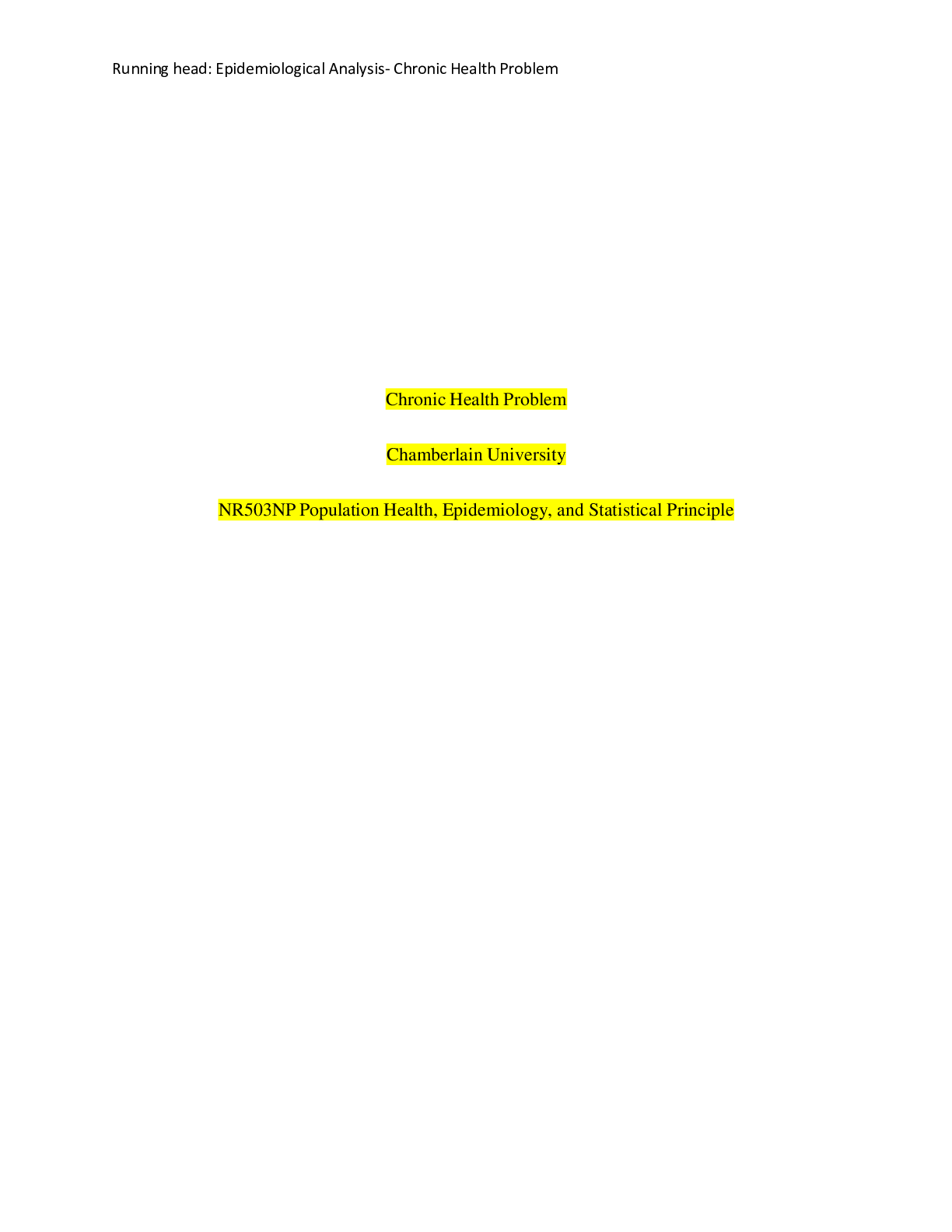
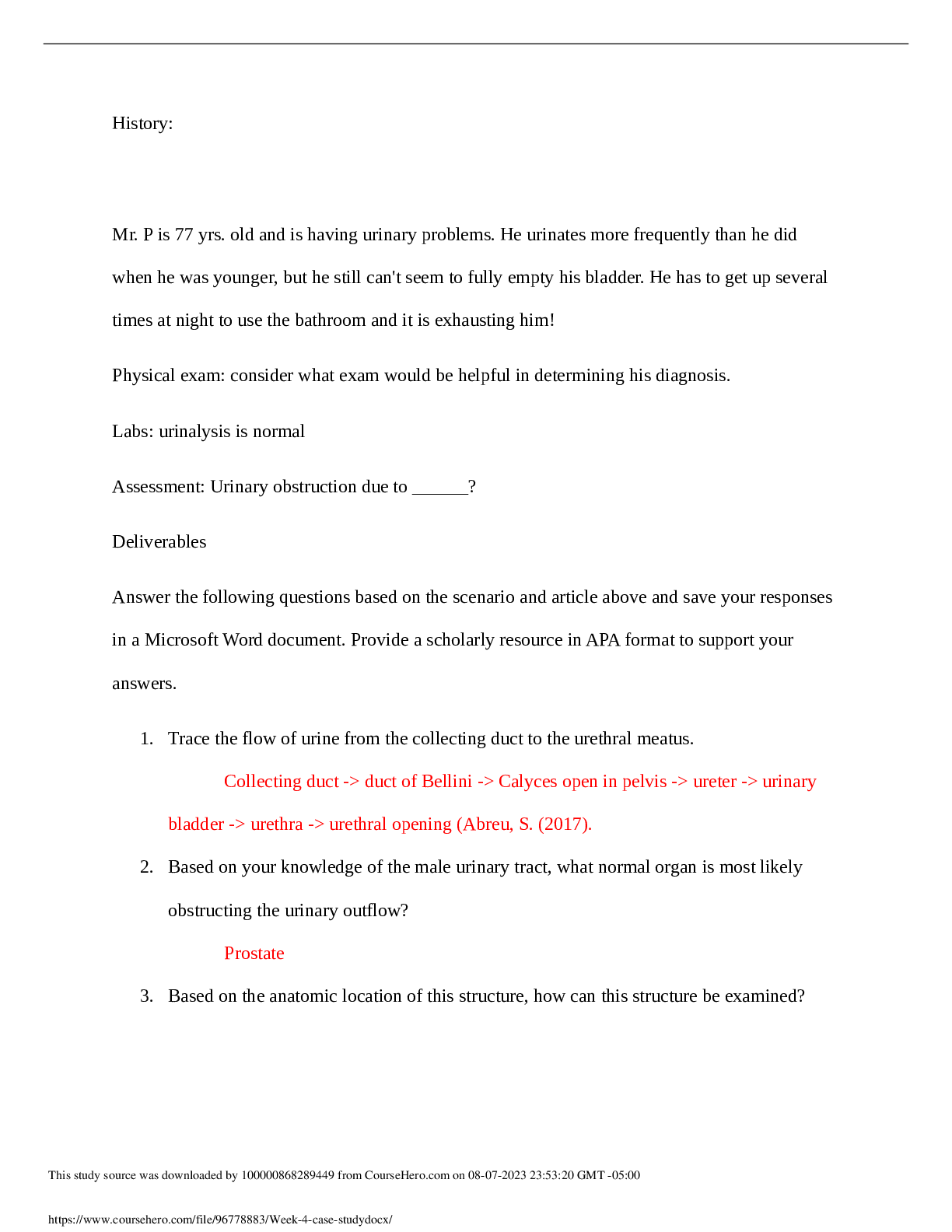
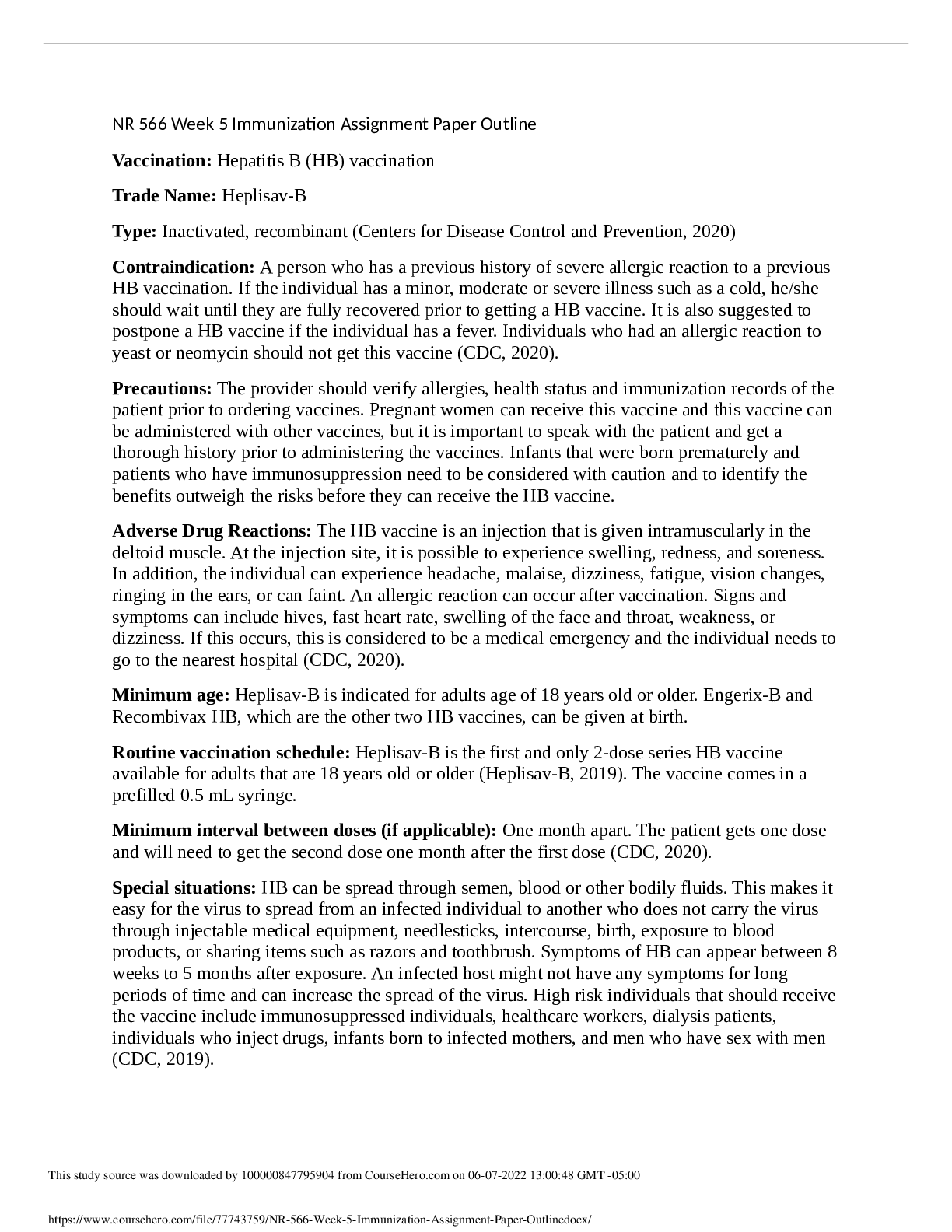

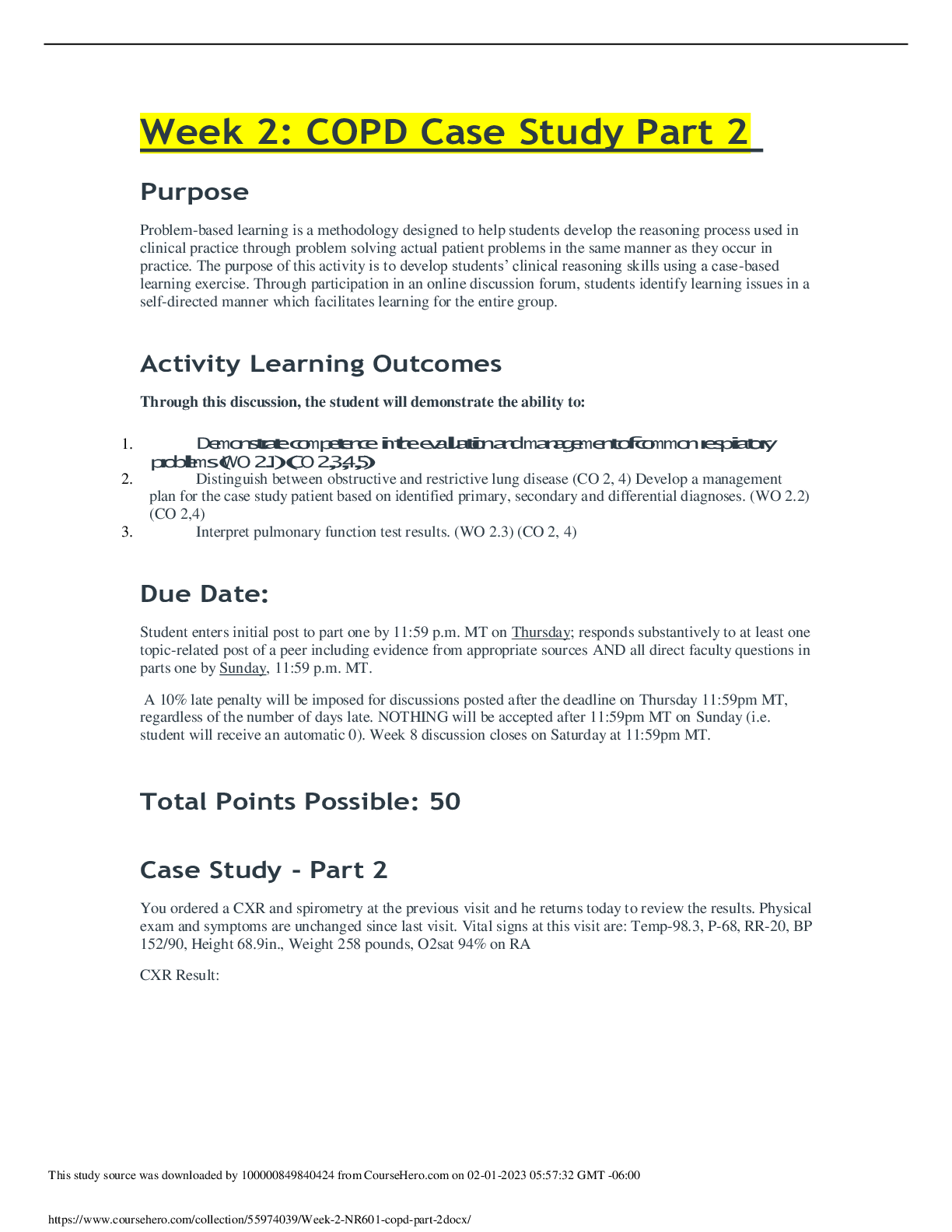
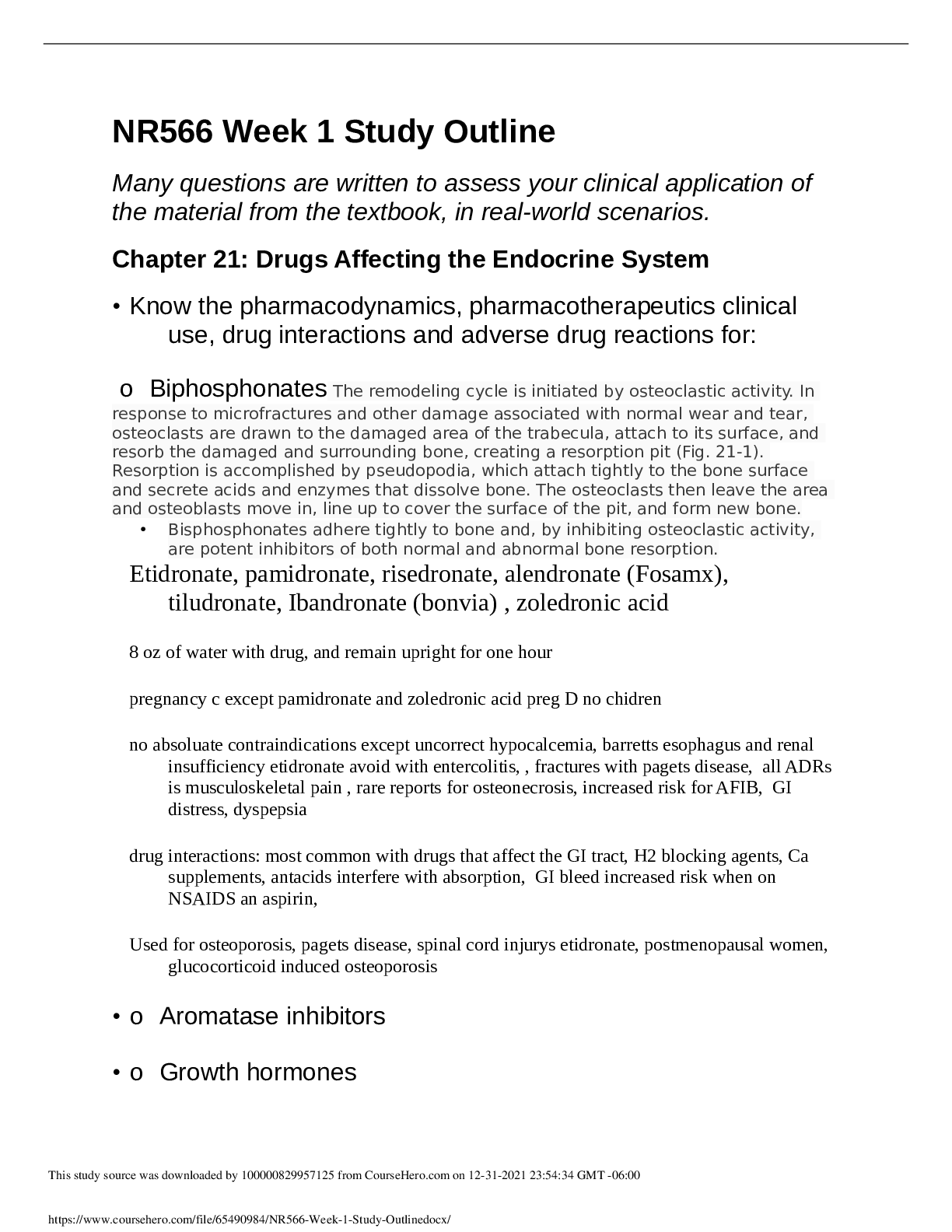
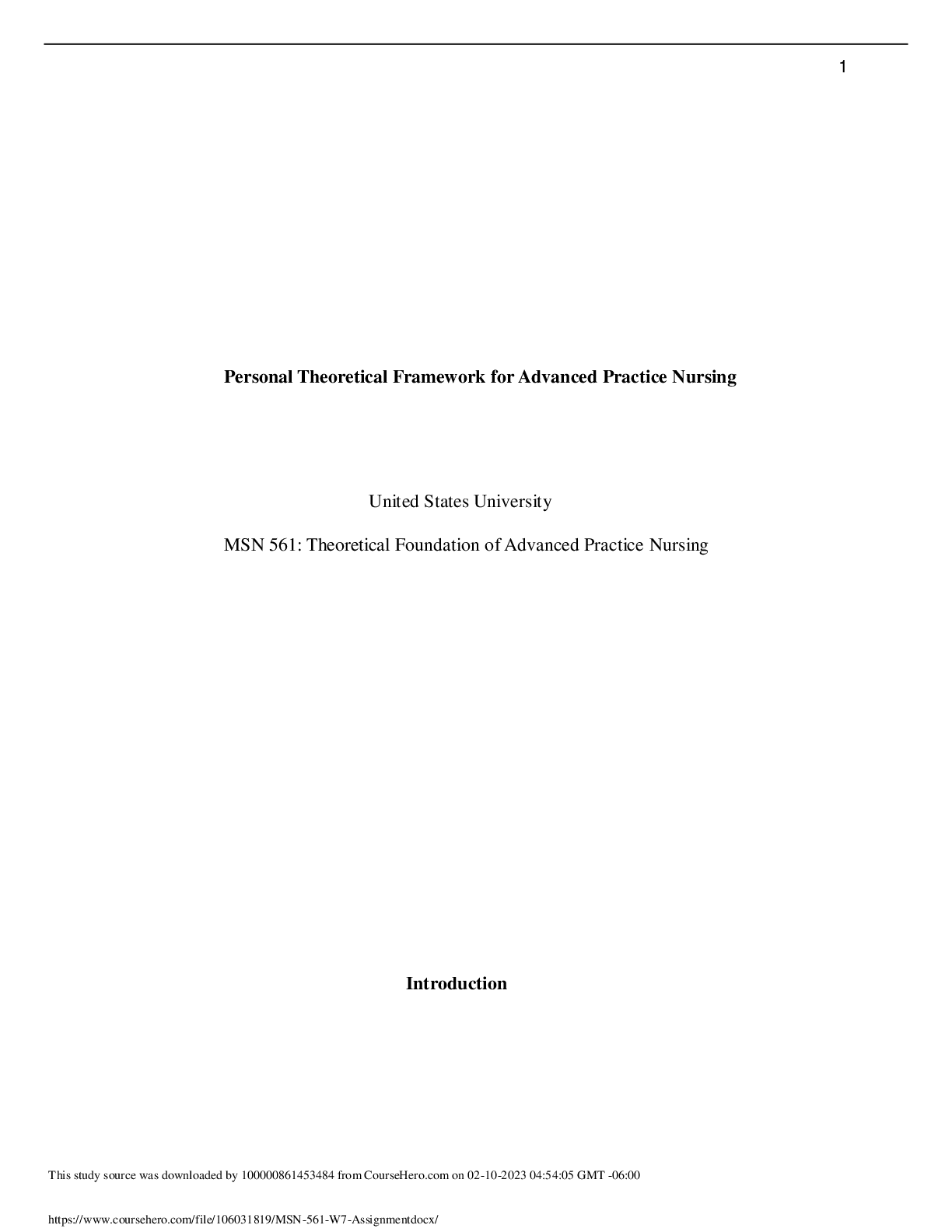
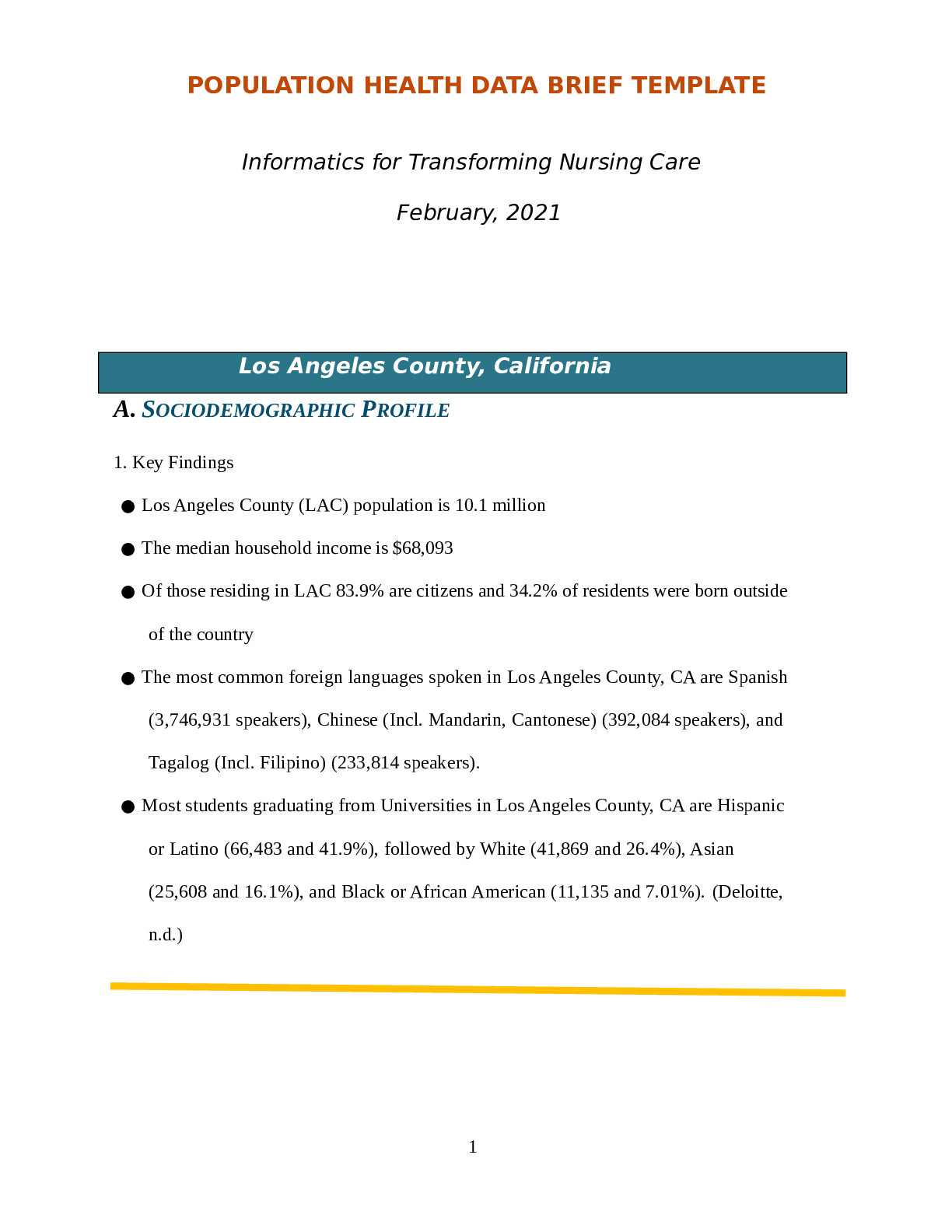







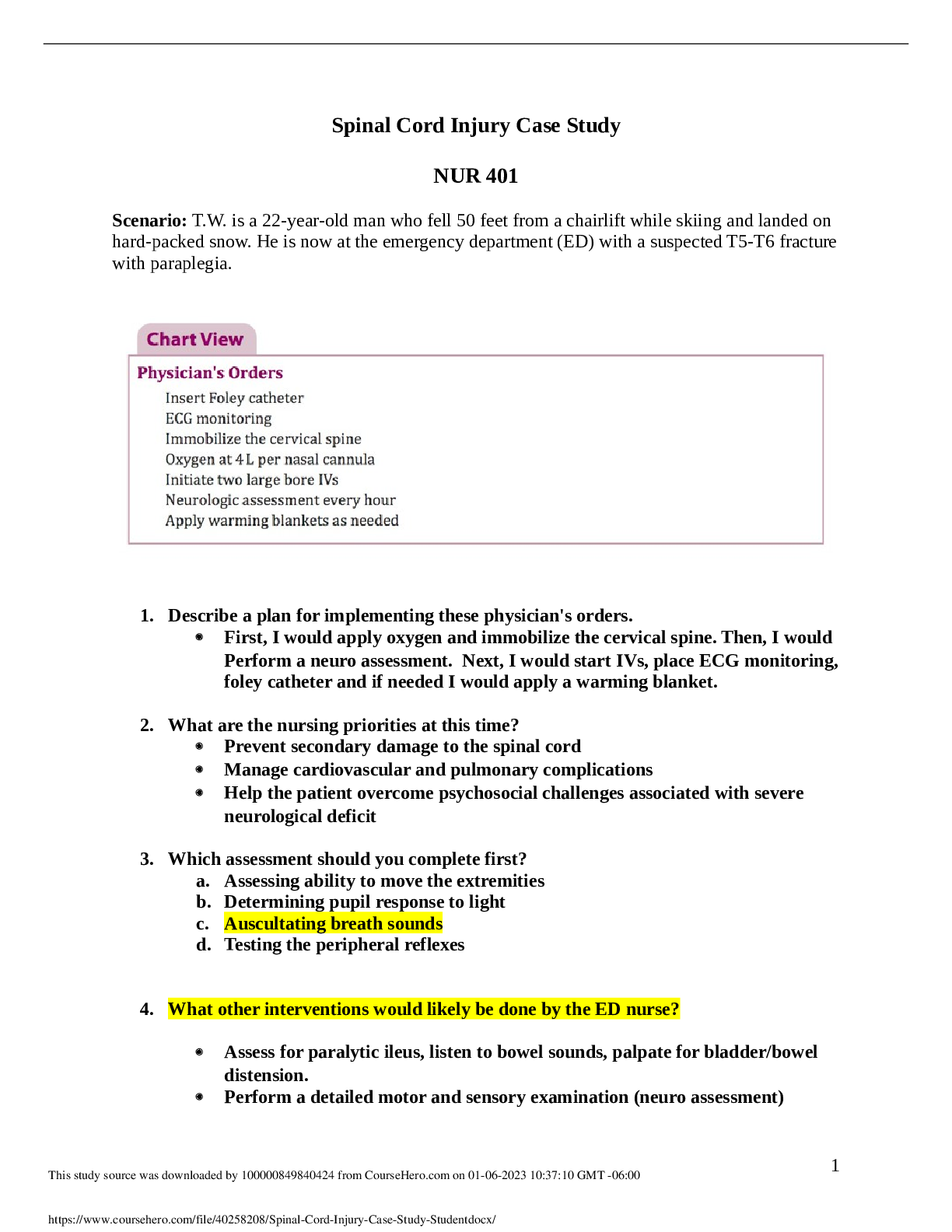





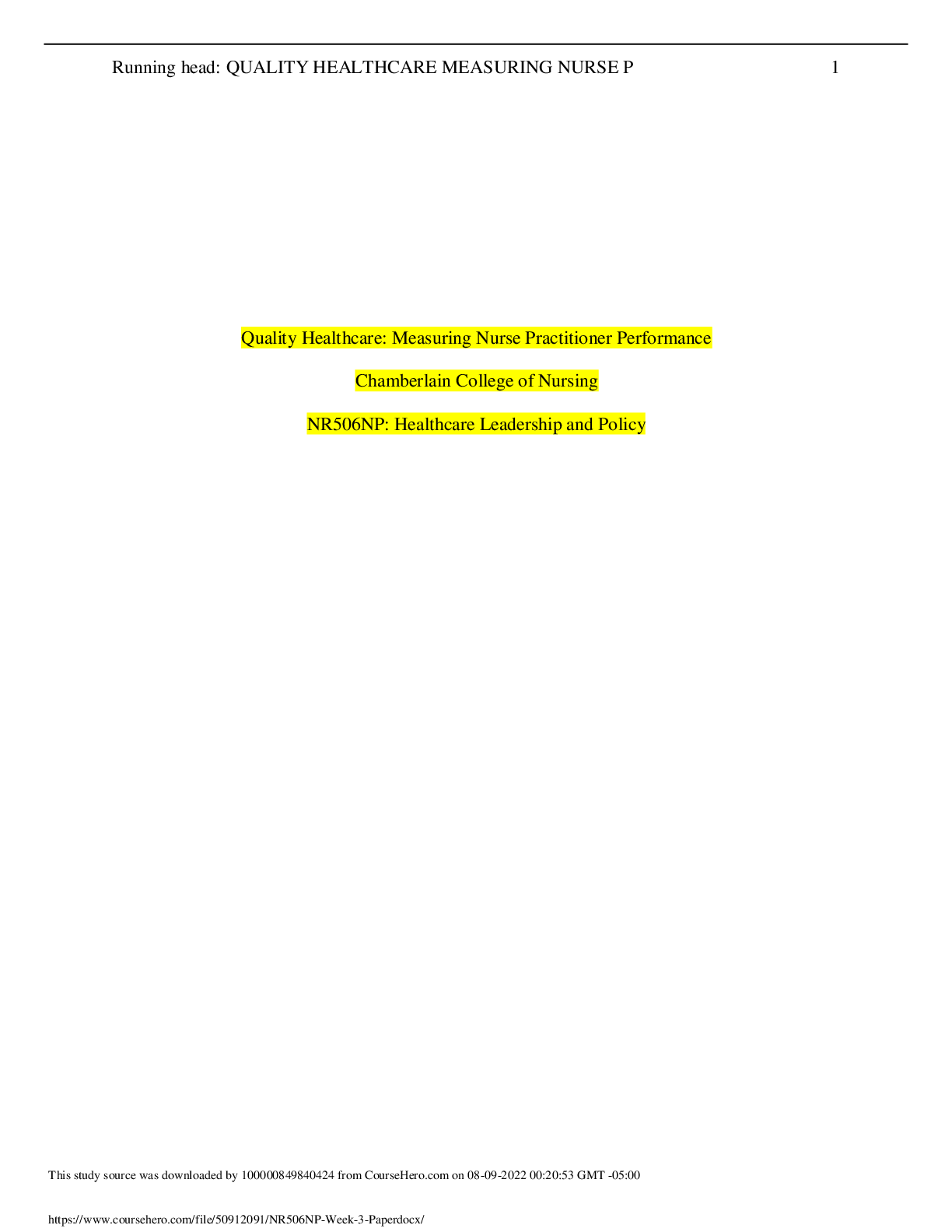
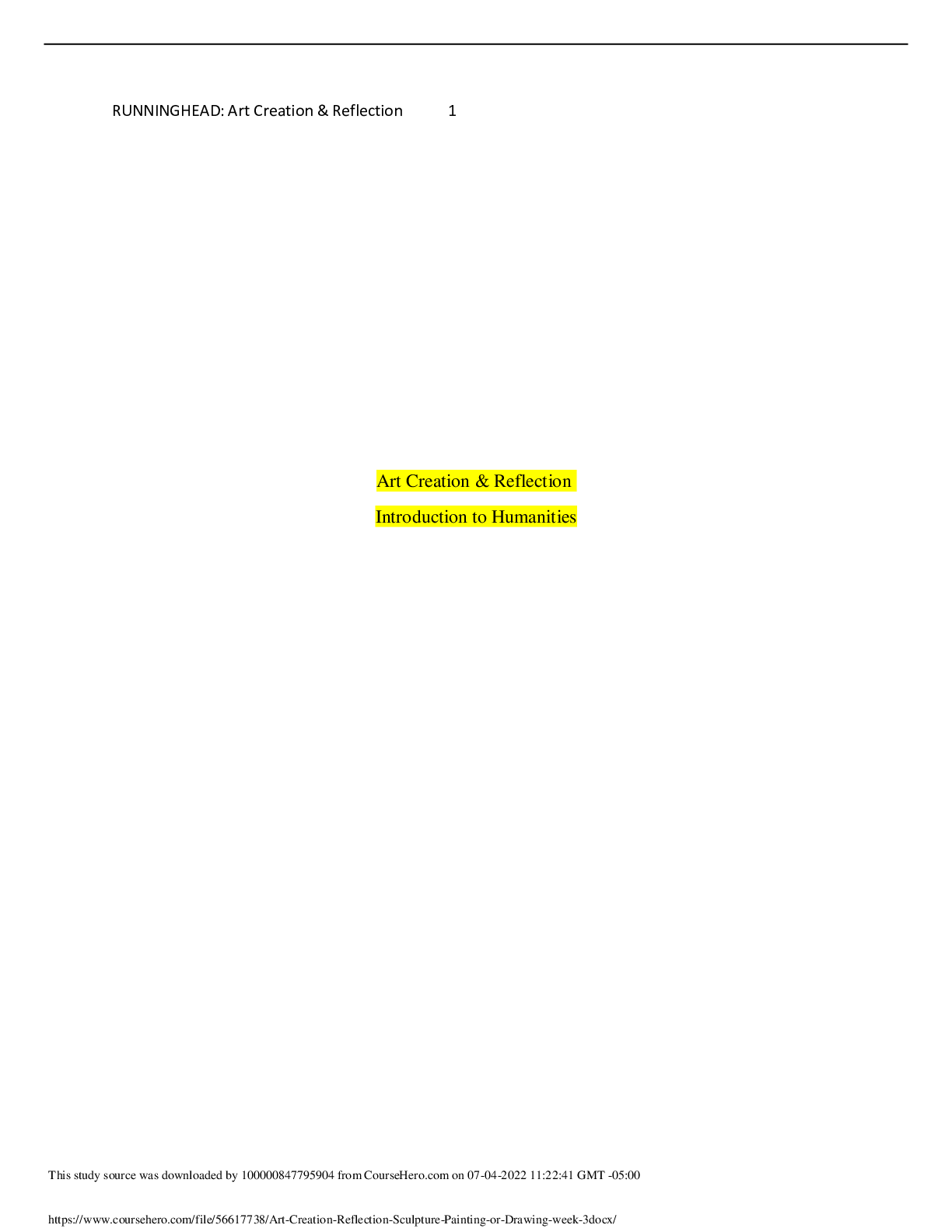





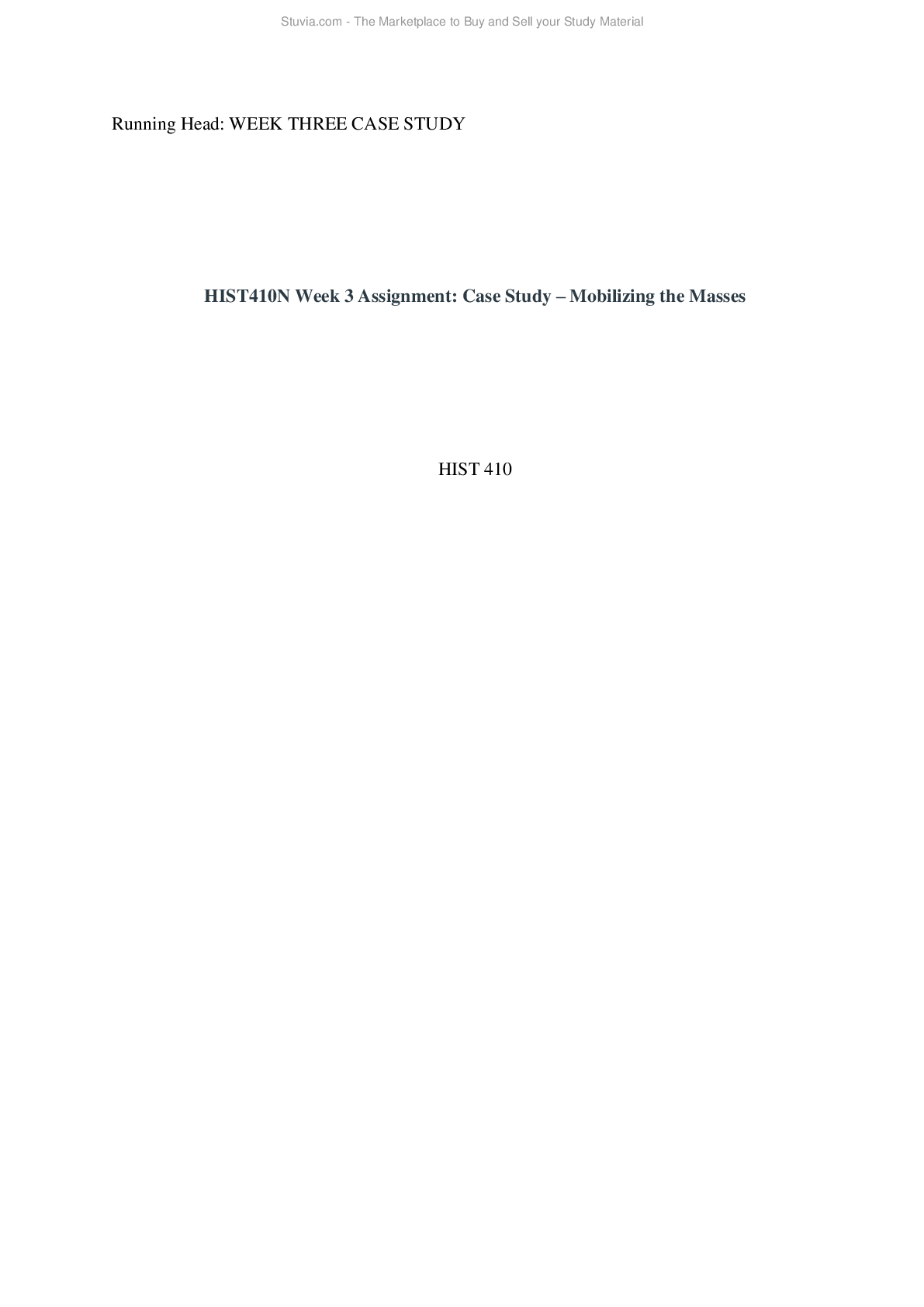

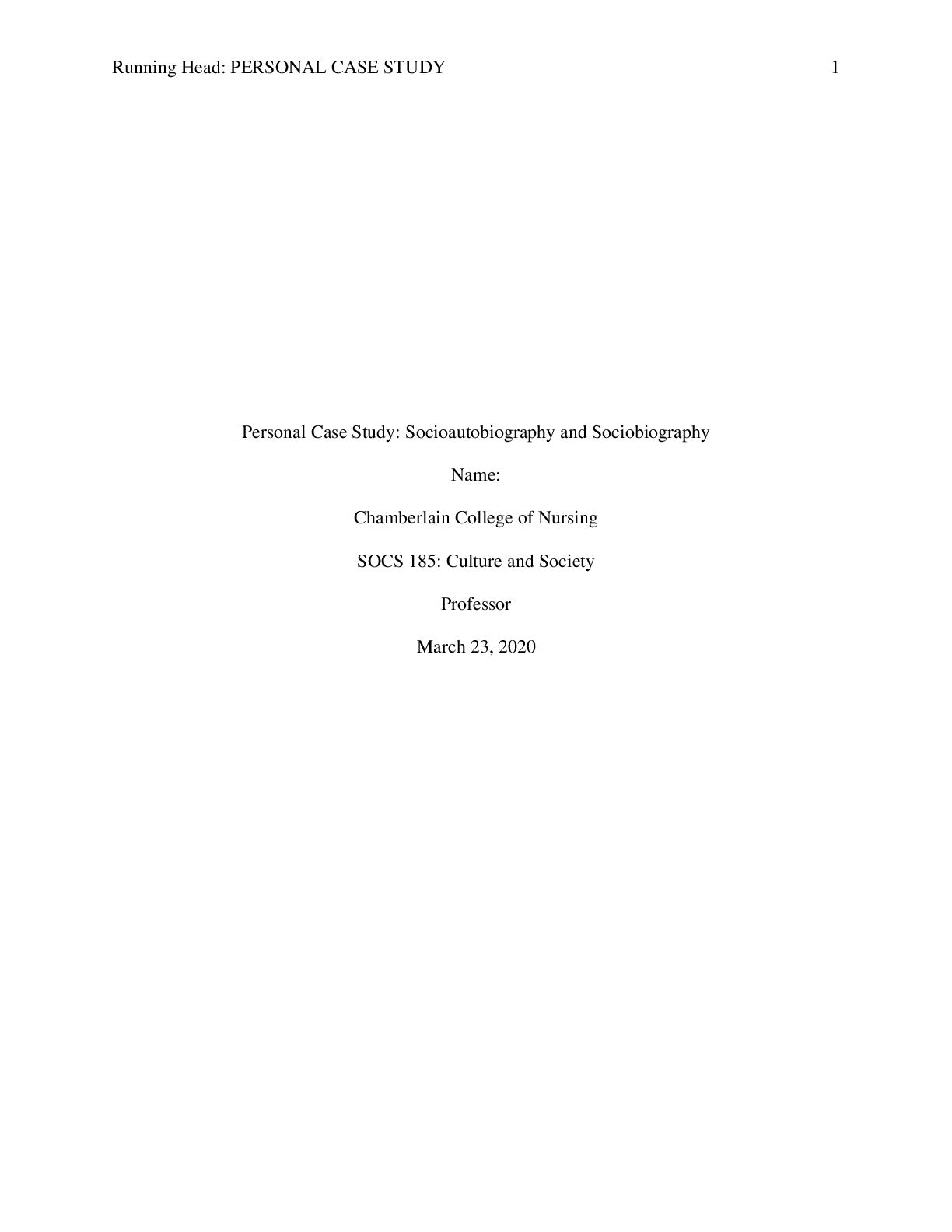
.png)
